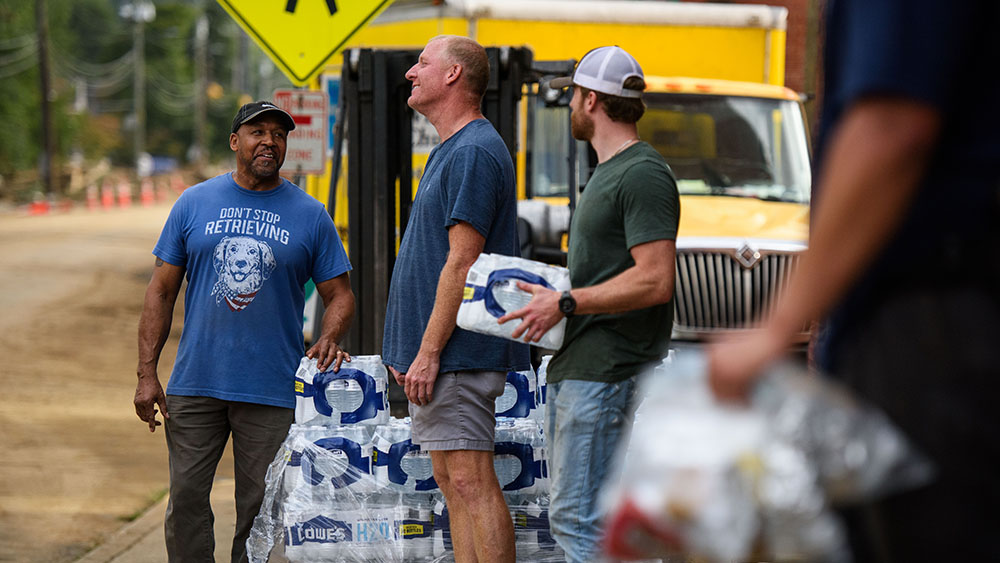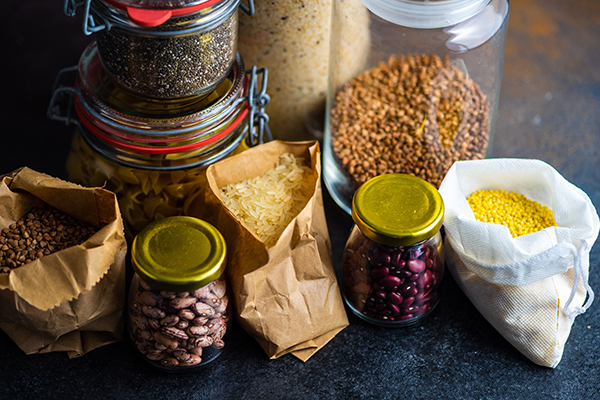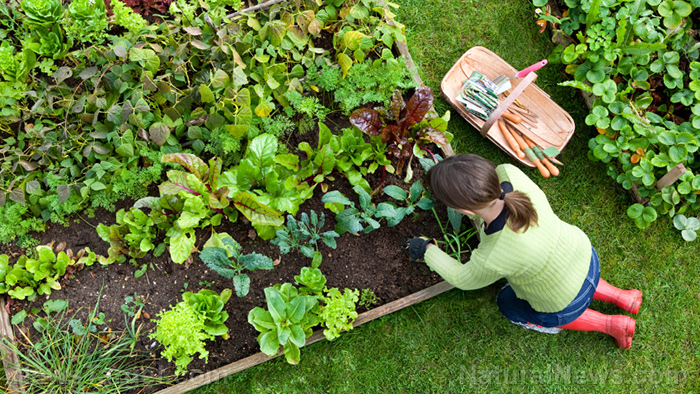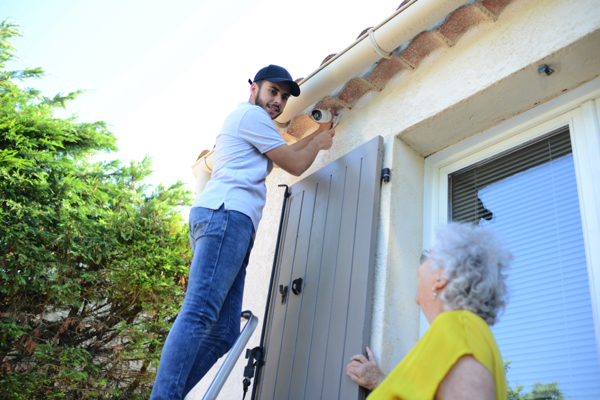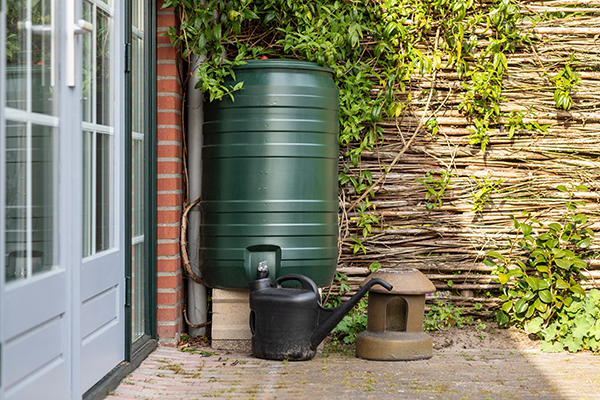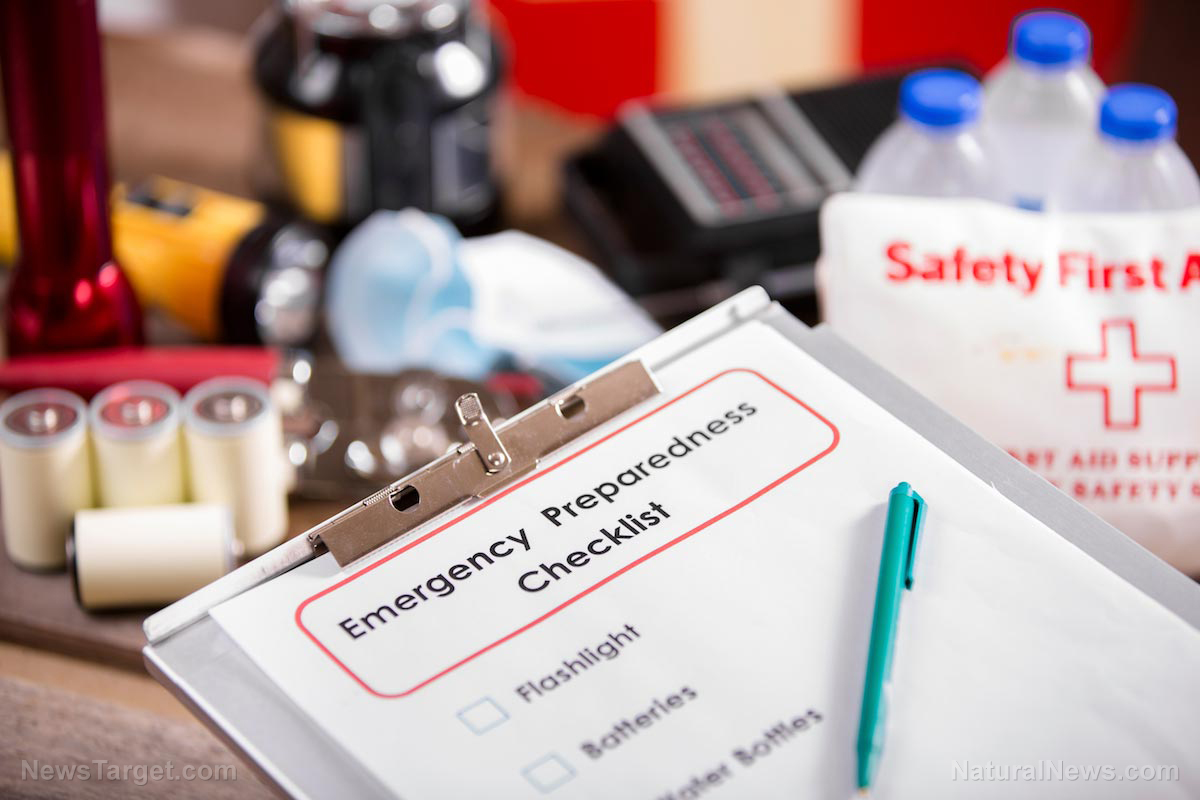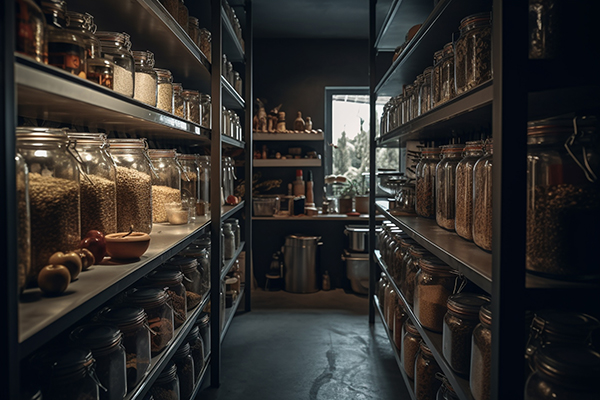Learn about off-grid living with John Cain Carter in: The Solution Series – Mental & Physical Preparedness
01/02/2025 / By Lance D Johnson
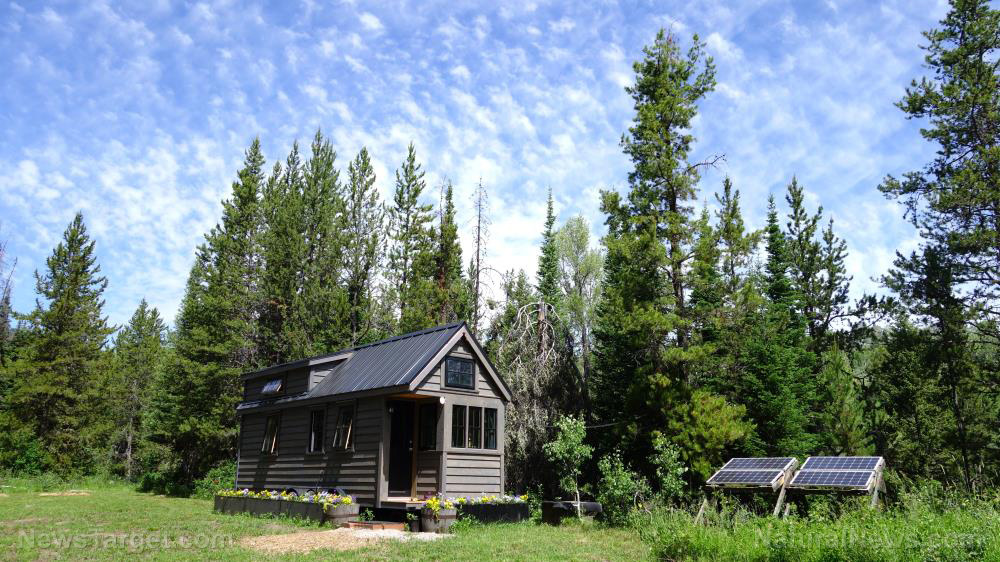
“I want to break away from this system regardless if things break down or not,” said John Cain Carter in The Solution Series – Mental Physical Preparedness with John Carter. “I’m kind of fed up with the existing food system; I’m sick of the greed; I’m sick of these companies; I’m sick of their lies.”
In a world dominated by corporate control, John Cain Carter offers a road map to a more autonomous and fulfilling existence. With a background steeped in military service, geology, and a passion for sustainable living, Carter’s journey from the Southern Amazon Basin to his Texas ranch serves as a beacon for those seeking to break free from the conventional systems and live off the grid.
Living off the grid isn’t just about dodging a collapse; it’s about taking control of one’s life and building a sustainable, self-sufficient future. Carter’s experiences, both in the Amazon and Texas, offer invaluable insights.
The foundation of self-sufficiency: community and skills
One of Carter’s core tenets is the importance of community and having diverse skill sets. In the Amazon, Carter relied on a network of locals, from non-Indian frontiersmen to native tribes, each with their own wealth of knowledge and skills. He emphasizes the value of being a “Jack of all trades” and having a community with diverse capabilities, such as mechanics, electricians, and farmers. “Building a community should be a top priority,” he stresses. “You need to have a group of people you can rely on, each with different skill sets.”
This community approach extends to healthcare and emergency situations. Carter shares personal anecdotes about delivering babies, treating snake bites, and dealing with broken bones, all emphasizing the importance of self-reliance and the knowledge shared by the local community. Their understanding of plant-based medicine and natural remedies proved invaluable.
When it comes to living off the grid, power and water supply are make-or-break factors. Carter’s ranch in Texas showcases a robust and diverse system, including diesel generators, solar panels, propane generators, and a hydroelectric turbine. His approach, he says, is to have multiple backup systems, or as he puts it, “the more the merrier.” A key element of his setup is a transfer switch, which automatically turns on the generator when the power goes out.
For water, Carter emphasizes the importance of having a reliable source, whether it’s a spring, well, or river. His team dug a spring and created a collection system, even using a water wheel to pump water. He also dug deep wells as a backup.
Food security and preparedness
Food security is another crucial aspect of living off the grid. Carter advocates for both preparedness and self-sufficiency. He recommends having a stockpile of storable food, like dried goods, rice, and beans, stored in sealed containers. For those looking to grow their own food, he suggests starting small with a 10×10 feet garden using methods like the Mittleider Gardening Method.
Livestock, such as chickens for eggs and goats for milk and meat, can also provide a reliable source of protein. Carter emphasizes the importance of having a diverse food supply and knowing how to forage and hunt to supplement it.
Building a sustainable food system must also consider soil health, and Carter’s time in Brazil taught him this crucial lesson. Without access to synthetic fertilizers, Carter learned to create a living biology in the soil, producing healthy food with positive health benefits. He suggests focusing on soil chemistry, using cover crops, and increasing organic matter content to reduce reliance on external inputs.
Carter’s journey is a testament to the power of preparation, resilience, and community. He rejects the notion of fear and advocates for a proactive approach to building a sustainable, self-sufficient future. By learning from his experiences and implementing his methods, individuals can take their first steps toward off-grid freedom and sustainability.
Watch the Solution Series with John Carter for FREE.
Sources include:
Submit a correction >>
Tagged Under:
animal protein, autonomy, backup systems, community, cover crops, energy, food security, gardening, off grid, plant medicine, preparedness, self sufficiency, skill set, soil health, storable food, survival, sustainable living, water pump, water sources
This article may contain statements that reflect the opinion of the author
RECENT NEWS & ARTICLES
Homesteading.News is a fact-based public education website published by Homesteading News Features, LLC.
All content copyright © 2018 by Homesteading News Features, LLC.
Contact Us with Tips or Corrections
All trademarks, registered trademarks and servicemarks mentioned on this site are the property of their respective owners.

